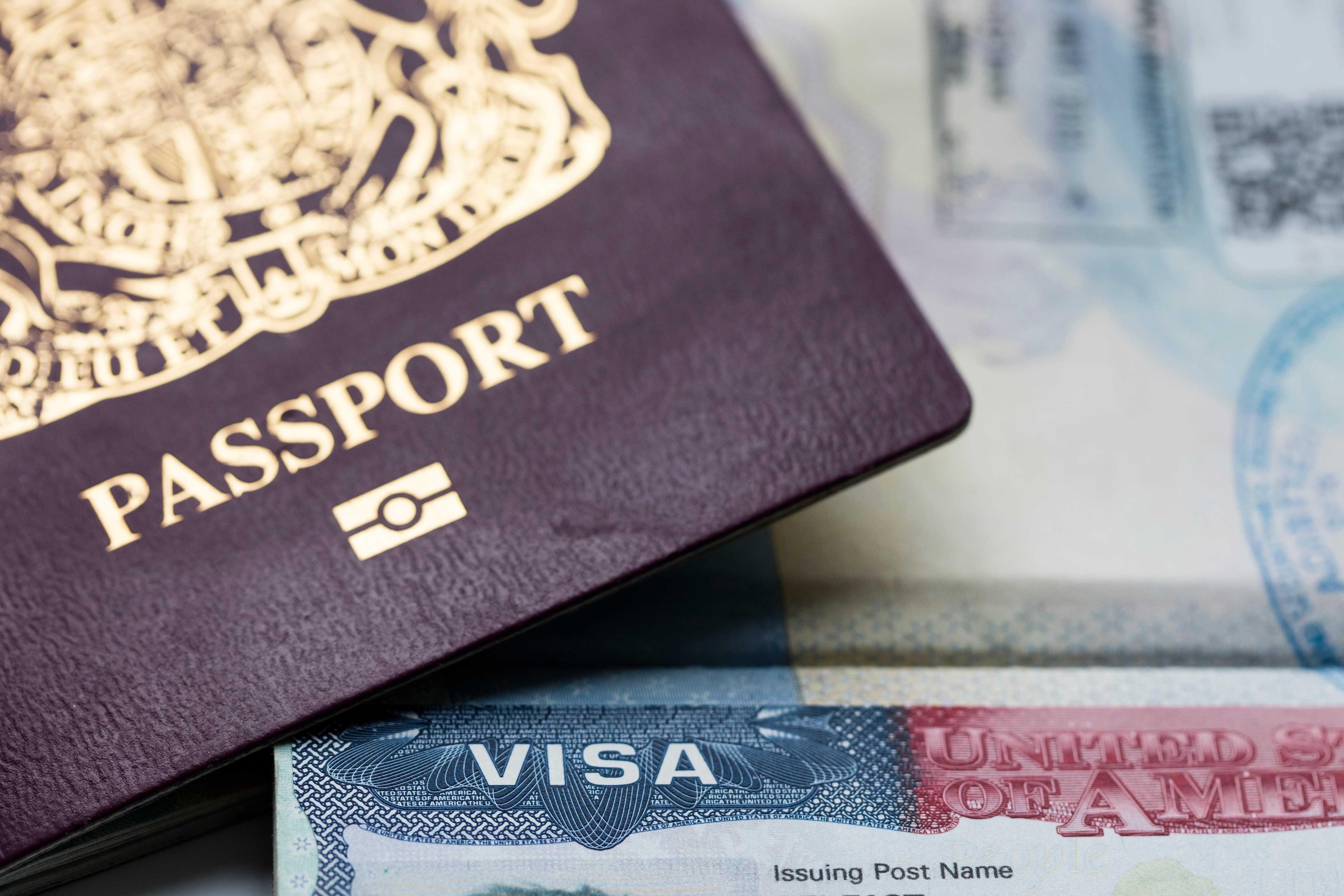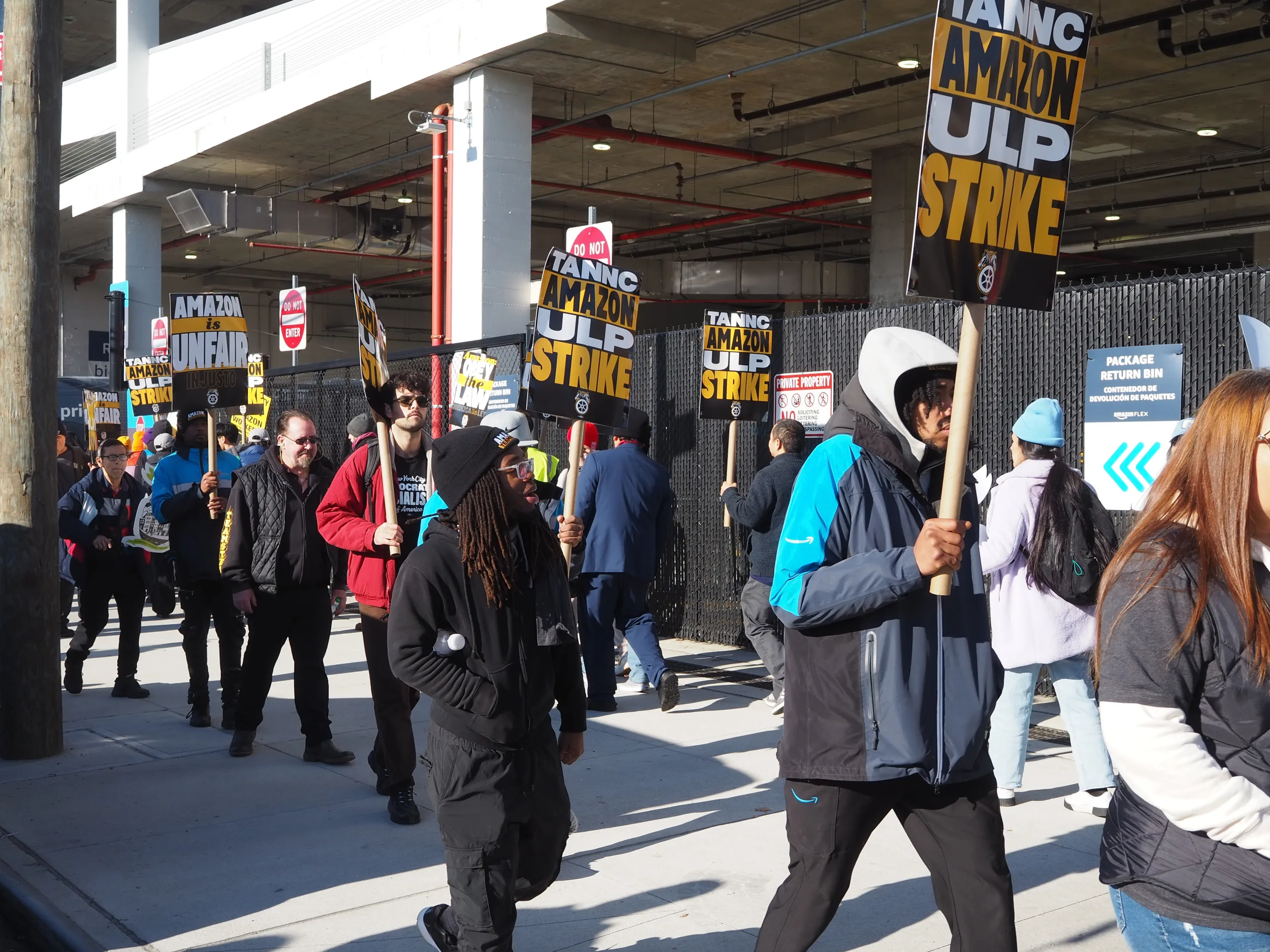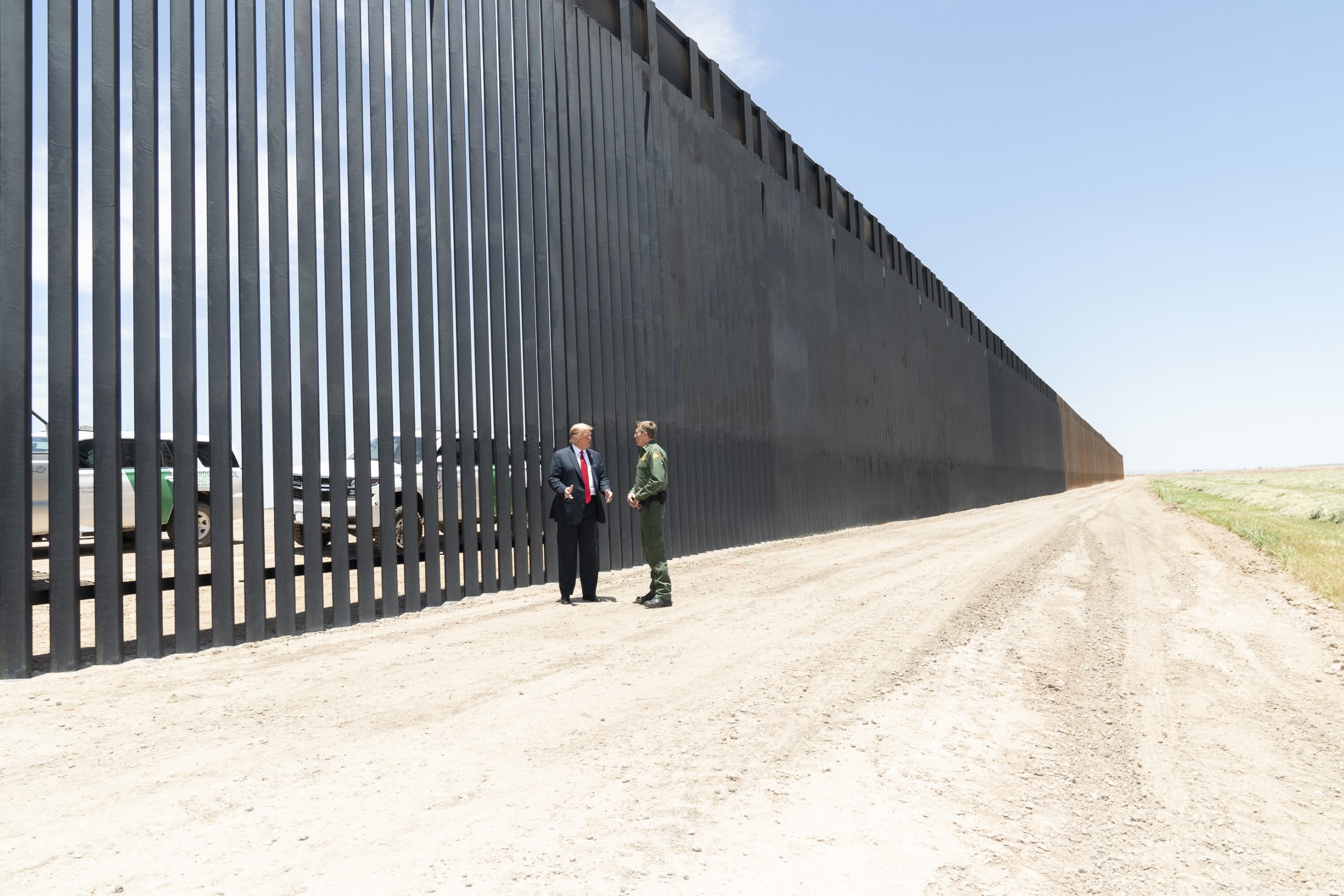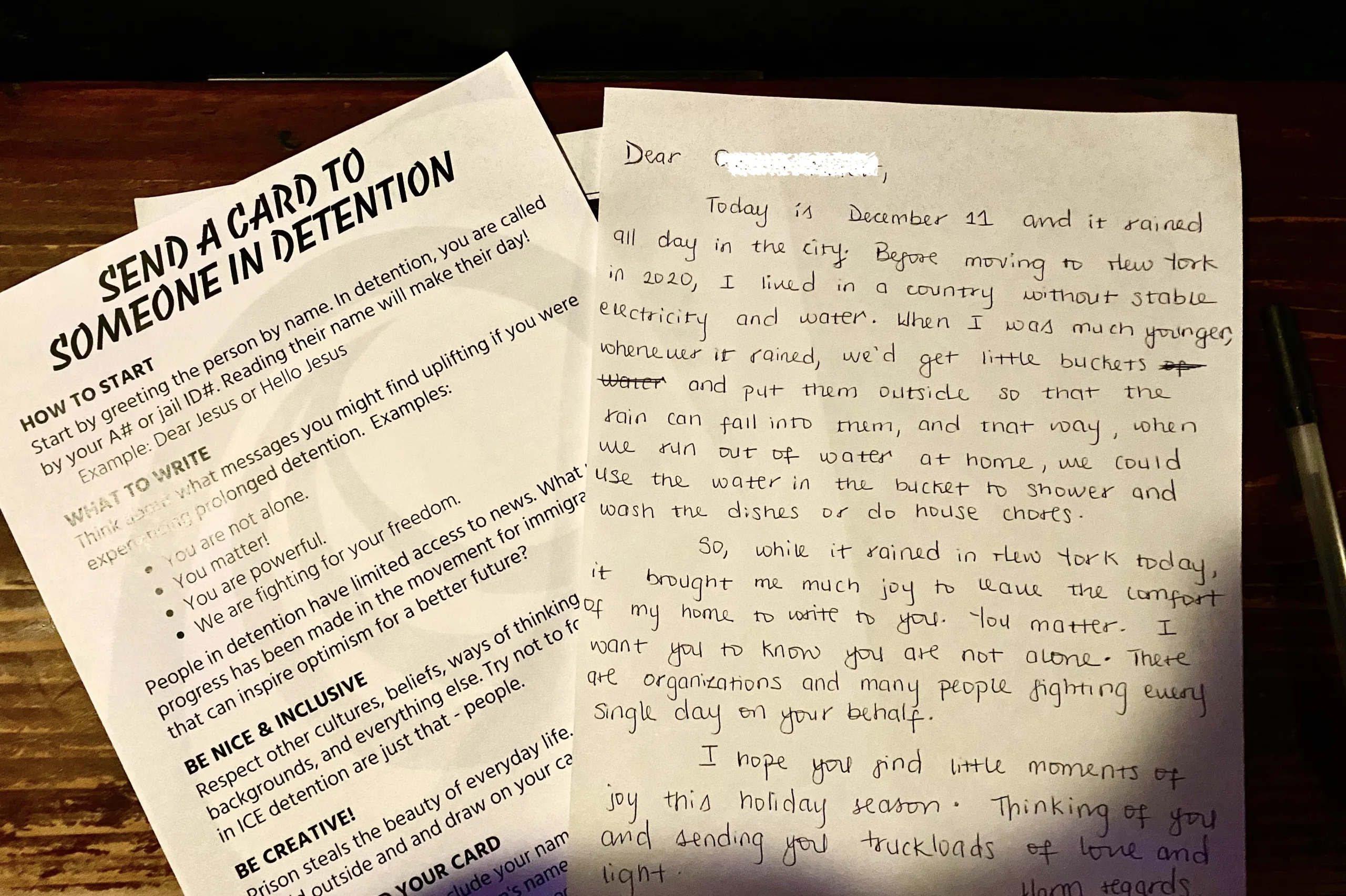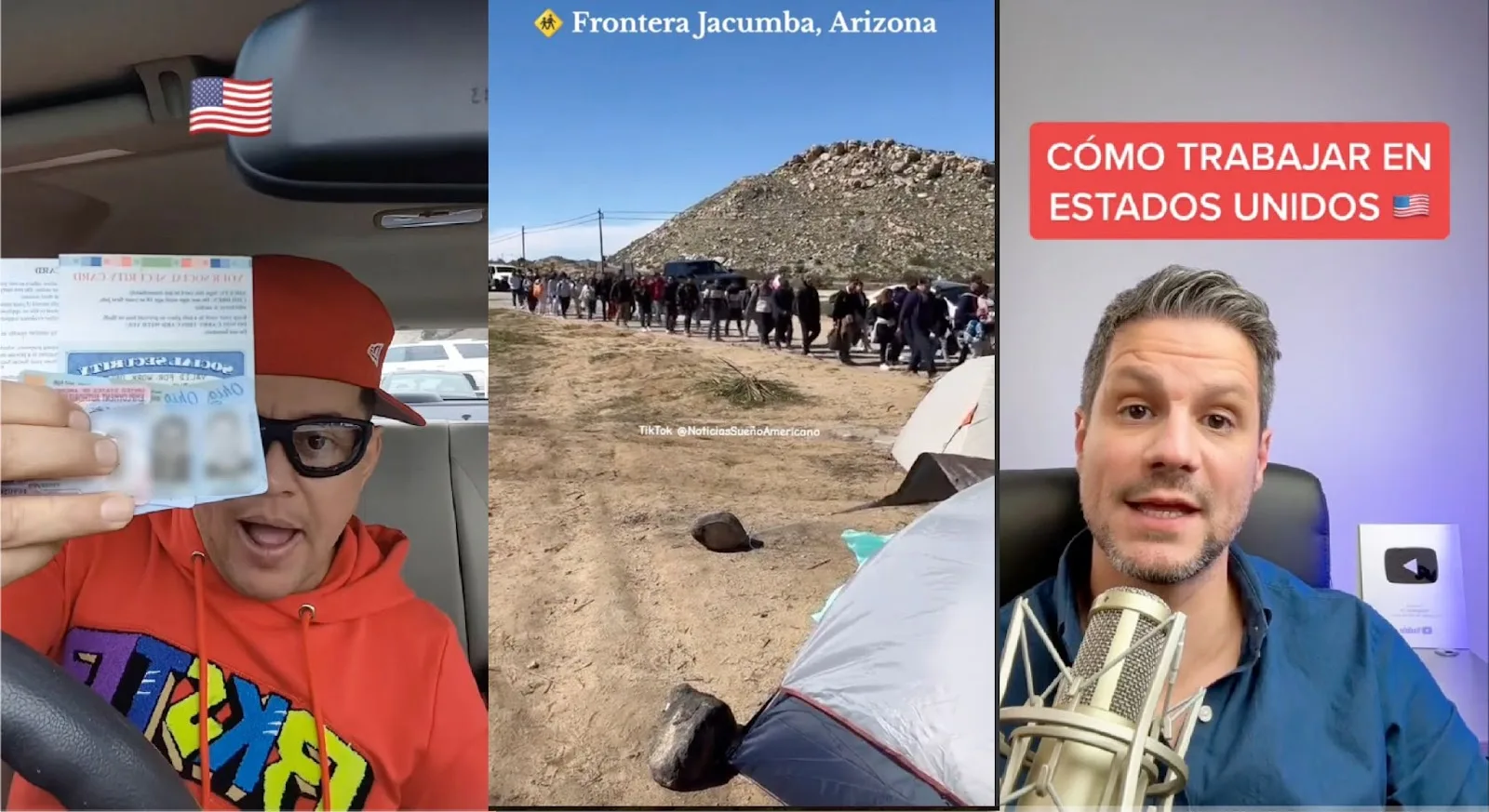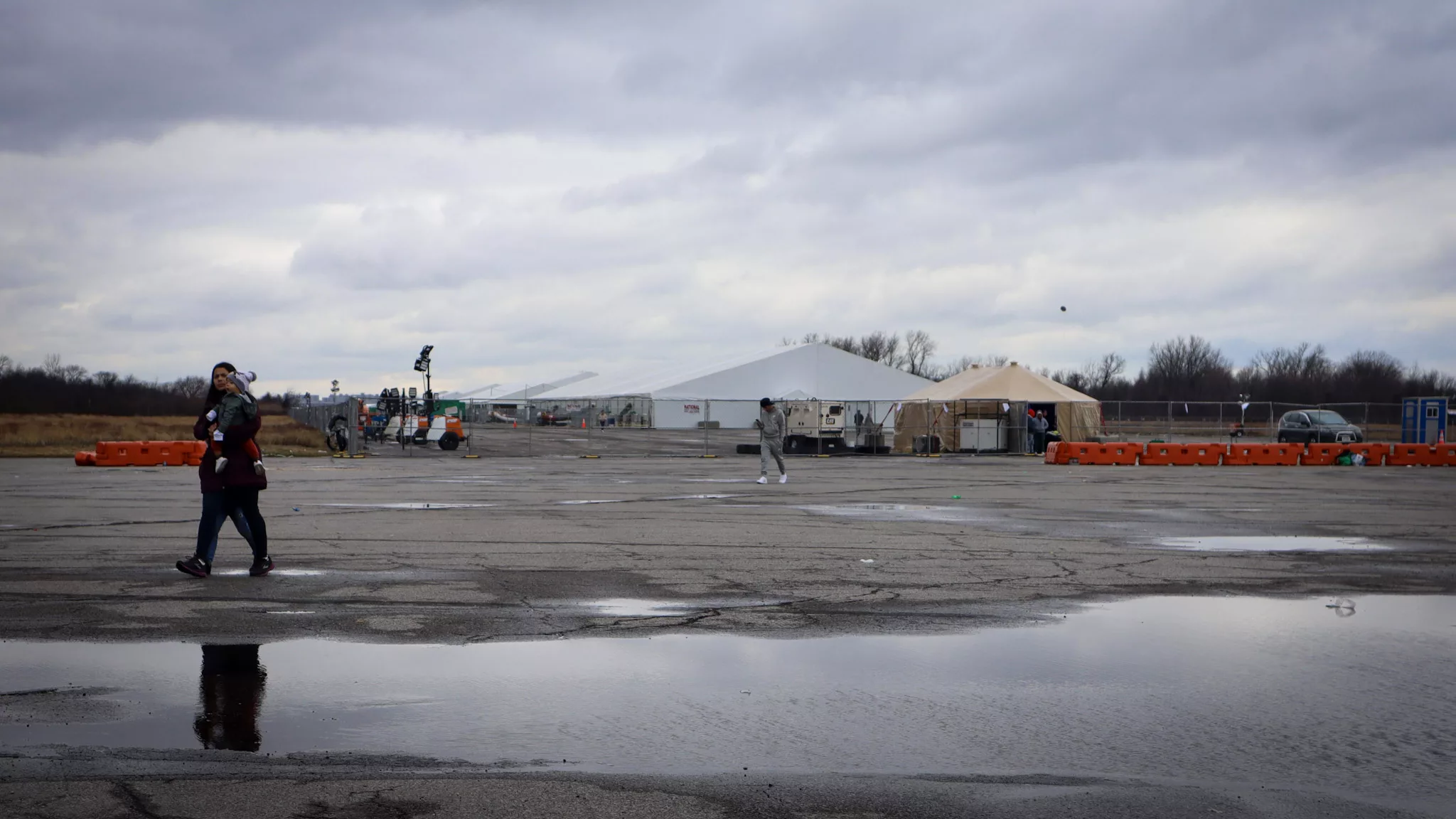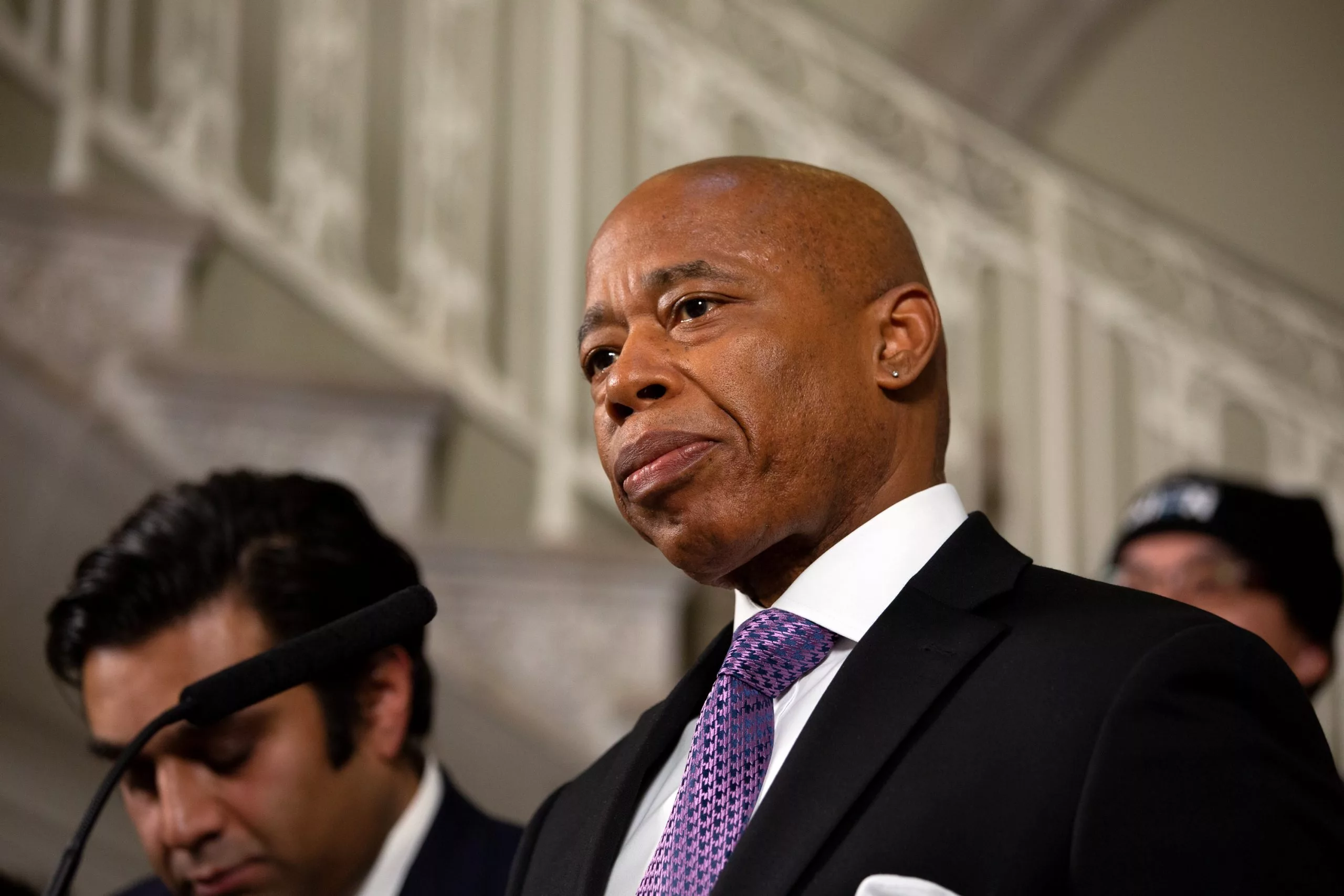This summary was featured in Documented’s Early Arrival newsletter. You can subscribe to receive it in your inbox three times per week here.
President Trump signed an executive order Monday that freezes several different types of new visas for foreign workers through the end of year. H-1B visas for tech workers, H-2B visas for low-skill jobs, H-4 visas for spouses of certain visa holders and J visas for those participating in work and student exchanges, as well as L visas for intracompany transfers, will all be suspended through Dec. 31. These new changes come in addition to the April 22 halting of visas for some family members of green card holders.
Senior administration officials said Trump has asked the Department of Homeland Security, State Department and the Department of Labor to work on more permanent regulations to curb visa issuance. The new structure for H-1B visas will award them to foreign workers whom companies will pay the top salaries of their applicant pool. The White House says the measure is to protect American jobs. Many of the visas require an interview at American consulates abroad, which are all shut down due to COVID-19.
The move is facing backlash from CEOs of major tech companies. “Now is not the time to cut our nation off from the world’s talent or create uncertainty and anxiety. Immigrants play a vital role at our company and support our country’s critical infrastructure. They are contributing to this country at a time when we need them most,” said Microsoft President Brad Smith on Twitter. Immigration advocacy groups are also pushing back against the move. NBC News
In other federal immigration news…
Appeals Court Allows Expansion of Expedited Removal
A federal appeals court ruled it was incorrect to block a Trump administration policy that allows the government to swiftly deport undocumented immigrants without going through the immigration courts. The U.S. Court of Appeals for the District of Columbia Circuit reversed a preliminary injunction that prevented the policy known as expedited removal, which allows the quick deportation of immigrants found to be in the country unlawfully within 100 miles of the Mexican or Canadian borders. In July, the Trump administration moved to expand the application of the policy to the entire country and to anyone who entered the U.S. unlawfully in the previous two years. The court withheld issuing its mandate to give the challengers to the program a chance to ask for further review. The Wall Street Journal
